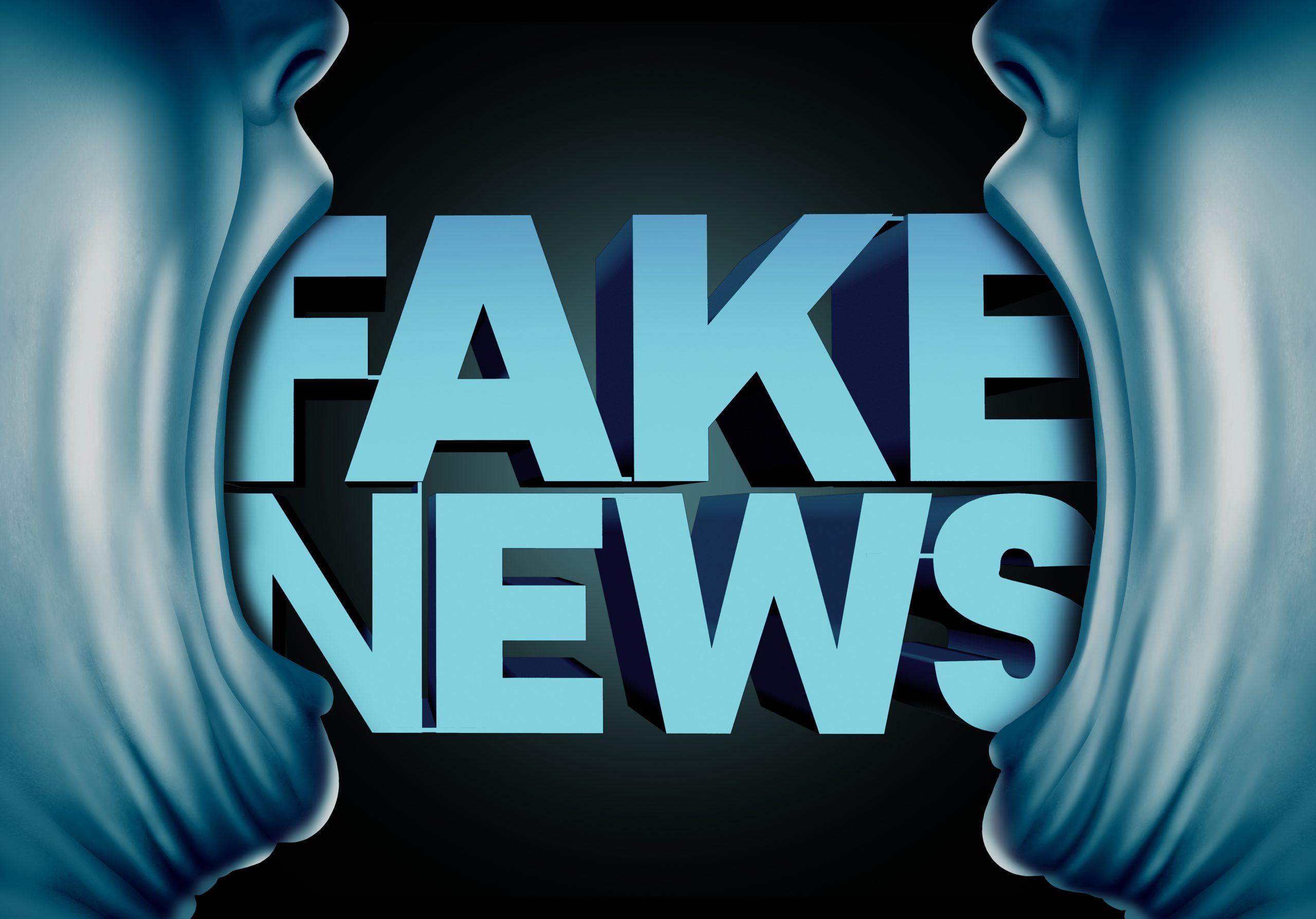Social Media & Defamation
Imagine logging on to Facebook first thing in the morning and seeing a Facebook friend “blasting” you about an argument you had the night before. In the post, she makes several allegations about your relationship and your propensity to involve yourself in others’ relationships. You know what she posted is untrue, and she doesn’t have proof to support it, but the post has garnered hundreds of comments from people chiming in with their own opinions. You want to post a response, but you cannot bring yourself to do it, so you delete your account and hope it goes away. However, it does not. Your boyfriend breaks up with you, and your employer (who has also read the post) has decided to terminate your employment because he says it brings a negative light to his business. Feeling defeated by the day’s events, you log back on to Facebook and make your own post about that Facebook friend.
Does this sound familiar to anyone? It has become quite common to use our social media as sounding boards to vent whenever a situation goes wrong. But what happens to the individuals who are directly affected by our outbursts? Are there any protections or recourse available for them?
The story above is an example of defamation. The ingredients for a claim against someone who has made a defamatory statement are that it must be published, including on social media, and that the maker of the statement did so with malice or recklessly, knowing it to be false. While it is important to look for these two requirements when pursuing a claim against a person for defamation, the person who has been defamed must also show how the defamatory statement has affected their reputation. In the example above, the Facebook user lost her job, which may have been a primary source of income. However, the maker of a defamatory statement may have a defense if they can prove that the statement was in fact true.
Social media allows us to connect with one another in ways we never thought imaginable. There is, however, a disconnect between reality and the online personas we create for ourselves. The same platforms we seek to connect with others often gives users the ability to remain behind their keyboard and bash strangers and those they know.
While there are many social media platforms utilized all over the world, I will touch on two of the most frequently used platforms in the Caribbean: Facebook and Twitter. I have found that both platforms enable “social media thugs” to spew messages filled with hate under the guise of freedom of speech . However, do these platforms offer any protection for persons who end up on the other side of these “social media thugs” vitriol?
After a review of the terms and conditions and the community guidelines for both Twitter and Facebook, it appears that both platforms do not have adequate policies for addressing the use of defamatory statements by their users. Contained in the Twitter User Agreement at clause five, the platform does not accept liability for
ANY INDIRECT, INCIDENTAL, SPECIAL, CONSEQUENTIAL OR PUNITIVE DAMAGES, OR ANY LOSS OF PROFITS OR REVENUES, WHETHER INCURRED DIRECTLY OR INDIRECTLY, OR ANY LOSS OF DATA, USE, GOODWILL, OR OTHER INTANGIBLE LOSSES, RESULTING FROM (i) YOUR ACCESS TO OR USE OF OR INABILITY TO ACCESS OR USE THE SERVICES; (ii) ANY CONDUCT OR CONTENT OF ANY THIRD PARTY ON THE SERVICES, INCLUDING WITHOUT LIMITATION, ANY DEFAMATORY, OFFENSIVE OR ILLEGAL CONDUCT OF OTHER USERS OR THIRD PARTIES…
More so, Facebook has a Defamation Reporting Form that users can complete to report and alert the administrators of content they deem to be defamatory. However, there is no guarantee that Facebook will remove the post or the user. At best, Facebook suggests that users who face abuse send the person a message, unfriend, block and report them and utilize privacy settings. Both platforms have policies regarding abusive behavior, with the penalties ranging from simply limiting that users account for a period of time to what appears to be the most extreme penalty, suspending the user’s account.
Considering that the purpose of these platforms is to connect people all over the world and give a voice to those who may otherwise not have an opportunity to be heard, are they solely responsible for their users’ behaviors? I accept that their role is to create a space to allow their users to utilize the services provided, but when signing up for these services, we accept their terms and conditions, oftentimes blindly. I am of the opinion that users and platform creators should work in tandem to create a safe space for users.
Sadly, while it appears that persons who find themselves on the receiving end of abusive behavior in the form of defamatory statements made via the internet may not have any direct “personal” recourse from any social media platform, they still have the option to seek legal recourse to obtain the justice they seek.

